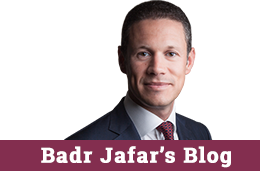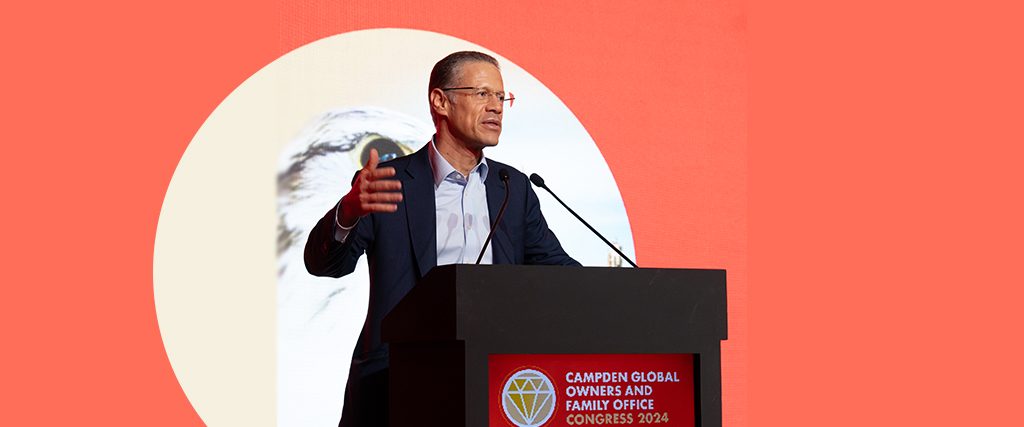Corporate and Global Governance Meet At The United Nations
The primary theme of this year’s UNGA session was “Delivering on and implementing a transformative post-2015 development agenda”. As the world’s leaders gathered to set a long-term strategy for the international community, I was reminded of the challenges that all company boards face when seeking to add value and bring stakeholders together behind a shared vision for the future.
One of the primary responsibilities of any board is to identify potential risks on the horizon. While executive teams must focus on immediate and day-to-day challenges, boards are uniquely positioned to take a long-term view on the trends and challenges that could impact a company down the road.
The UNGA has a similar responsibility to ensure the international community is adequately prepared for potentially seismic global events, such as the Ebola outbreak currently impacting parts of Africa, and the eruption of hostilities in many parts of the world. And while individual agencies take the lead on issues such as health, security and transnational crime on a day-to-day basis, the UNGA is an essential opportunity for enabling the world’s key decision makers to consider these issues in a holistic way.
A second responsibility of an effective board of directors is to scrutinise and debate corporate strategy. According to a McKinsey study, it is imperative that all directors “engage in strategic discussions, form independent opinions, and work closely with the executive team to make sure long-term goals are well formulated and subsequently met.” It is generally at board level that strategic decisions are tested, challenged and ultimately abandoned or adopted. In fact, a US-based study by Deloitte in 2012 found that 54 percent of public companies reported discussing company strategy at every board meeting, considerably up from the year before.
Through its General Debate every September, the UNGA provides a high-profile opportunity for the most pressing issues on the global agenda to be raised and discussed in a similar way. It is, as a matter of course, important that these debates are thorough, genuine and conducted in a professional manner, if they are to serve their purpose. This is not always easily accomplished in an organisation as potentially unwieldy and as closely watched as the United Nations. Which is why, whether it occurs in public, private, or in a mix of both settings, appropriate scrutiny by all the relevant stakeholders must be applied to all global governance strategies before they are agreed upon and put into practice.
Finally, it is essential that the role of any board is clearly defined. According to the McKinsey study, “unless roles are clear, the relationship between the CEO and management, on the one hand, and the board, on the other, risks devolving into misunderstandings, loss of trust, and ineffectiveness.” In the politically charged international system of the UN, the clear definition of roles and responsibilities is critically important if decisions and resolutions are to be effective and harmony is to be maintained.
If the UNGA was a corporate board, it would be one of the oldest, largest and most diverse in the world. Established in 1945, its membership comprises representatives of 193 member states, each bringing their own priorities and perspectives to the table. Few private sector boards, if any, must navigate such a diverse collection of interests. Even fewer are regularly expected to contemplate issues of such grave human importance.
Perhaps that is why corporate and global governance will never be one and the same. However, I believe the principles of corporate governance, and the practices of well-functioning boards in particular, could help our international institutions to bring more of the world’s stakeholders together in the interests of a brighter future for all.
As featured in The National on 8th October 2014.
References
http://www.mckinsey.com/insights/strategy/building_a_forward-looking_board

 Tweets by @BadrJafar
Tweets by @BadrJafar




